Search
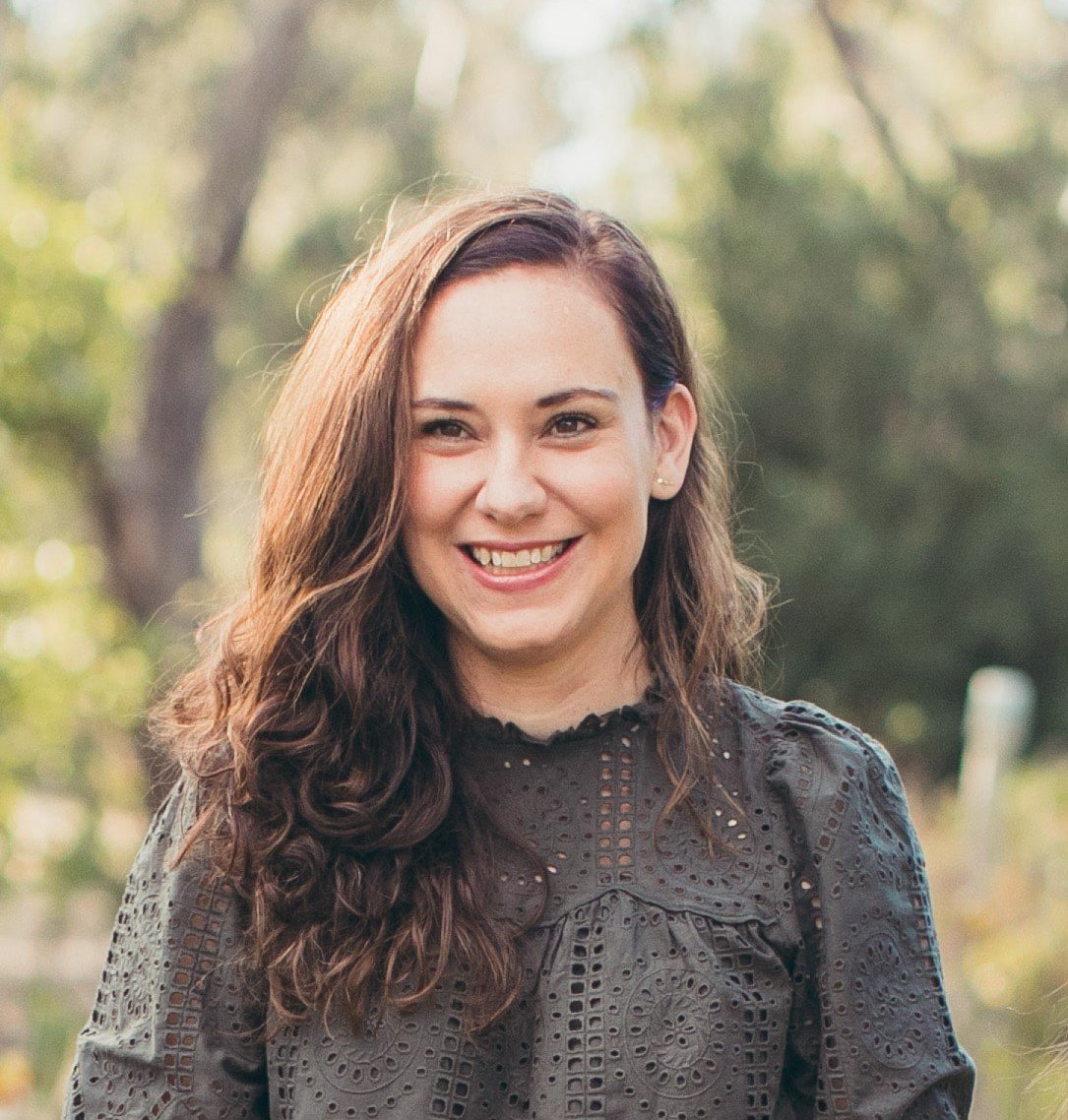
News & Events
Maths, modelling and RSV: the unique combo driving virus preventionThe Kids Research Institute developed a world-first RSV transmission model using real data to predict the impact of WA’s immunisation program for young children.
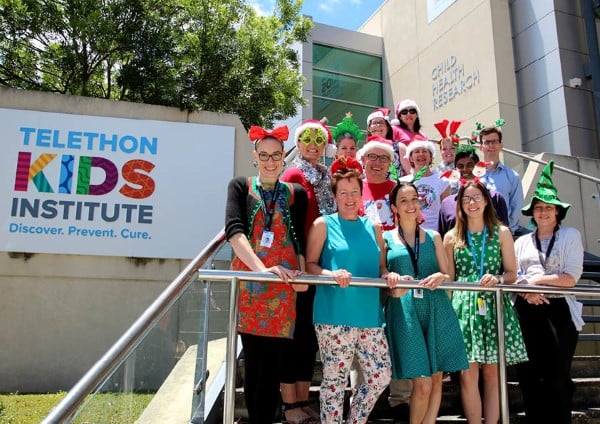
Wrap up of the people, projects and updates from 2017 in the Vaccine Trials Group research area, and Dr Peter Richmond.
Contact us If you'd like to get in touch, please contact us by phone or email. Phone: 0400 450 240 Email: vtg@thekids.org.au Respiratory Syncytial
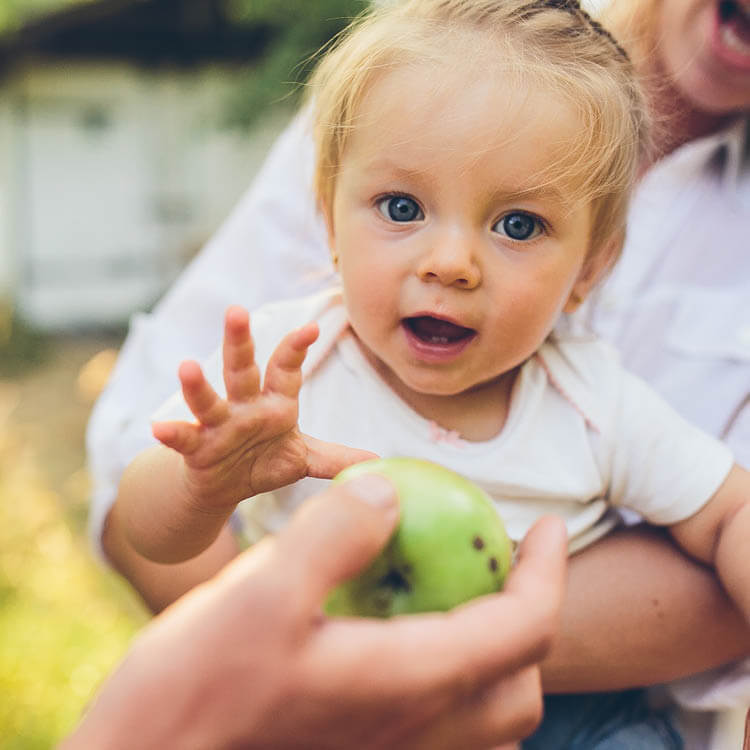
Meningococcal disease is caused by the bacteria Neisseria meningitidis, or 'meningococcus'. It's an uncommon but very serious disease that can result in death.
The Wesfarmers Centre is pleased to announce the successful recipients for the 2021 Round 2 Seed Funding Grants. Julie Hibbert | Validating a
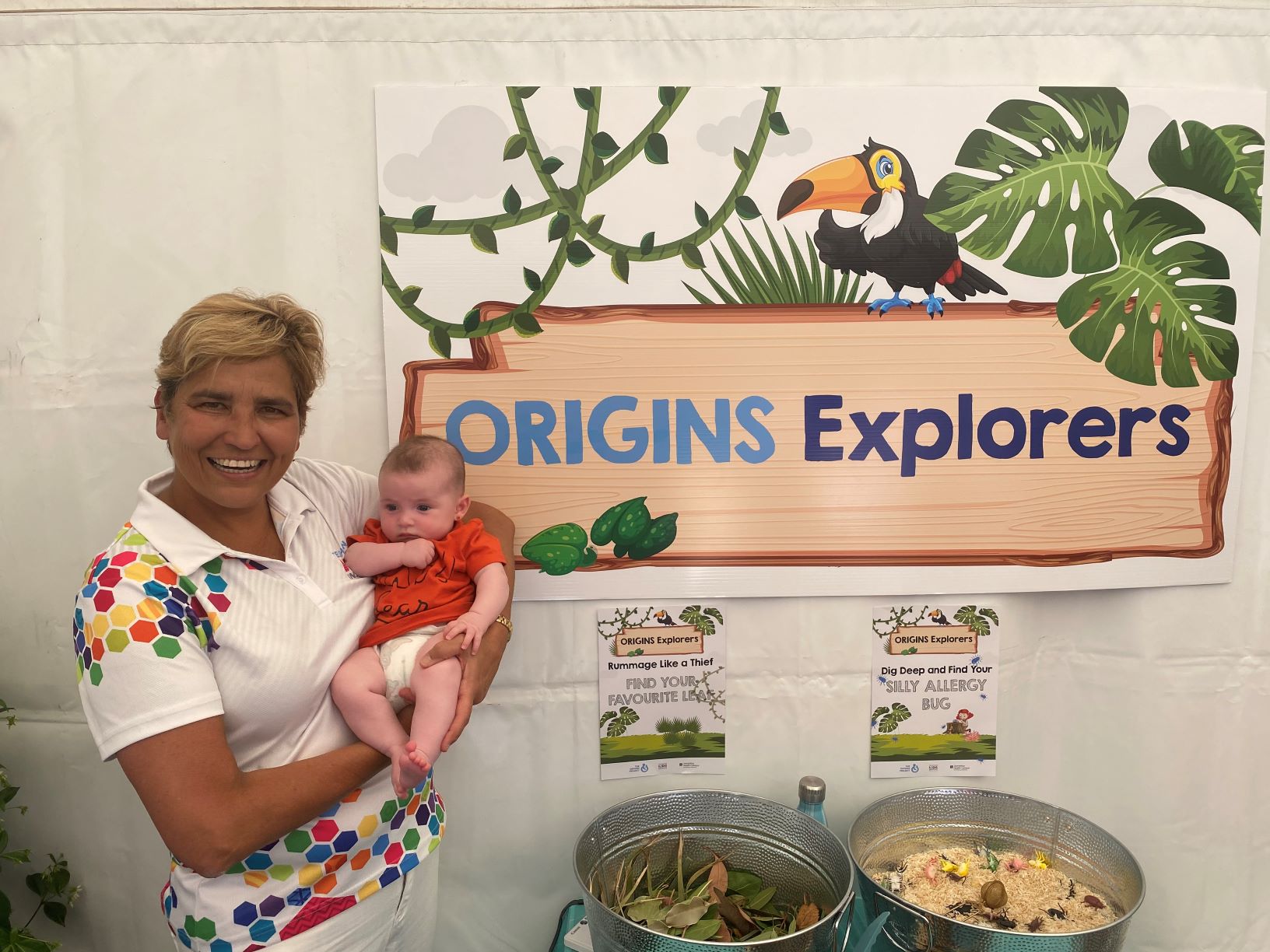
ORIGINS is a catalyst for change
Find out more about the activities and highlights of ORIGINS.
Meet the directors and researchers that make up the team behind ORIGINS.
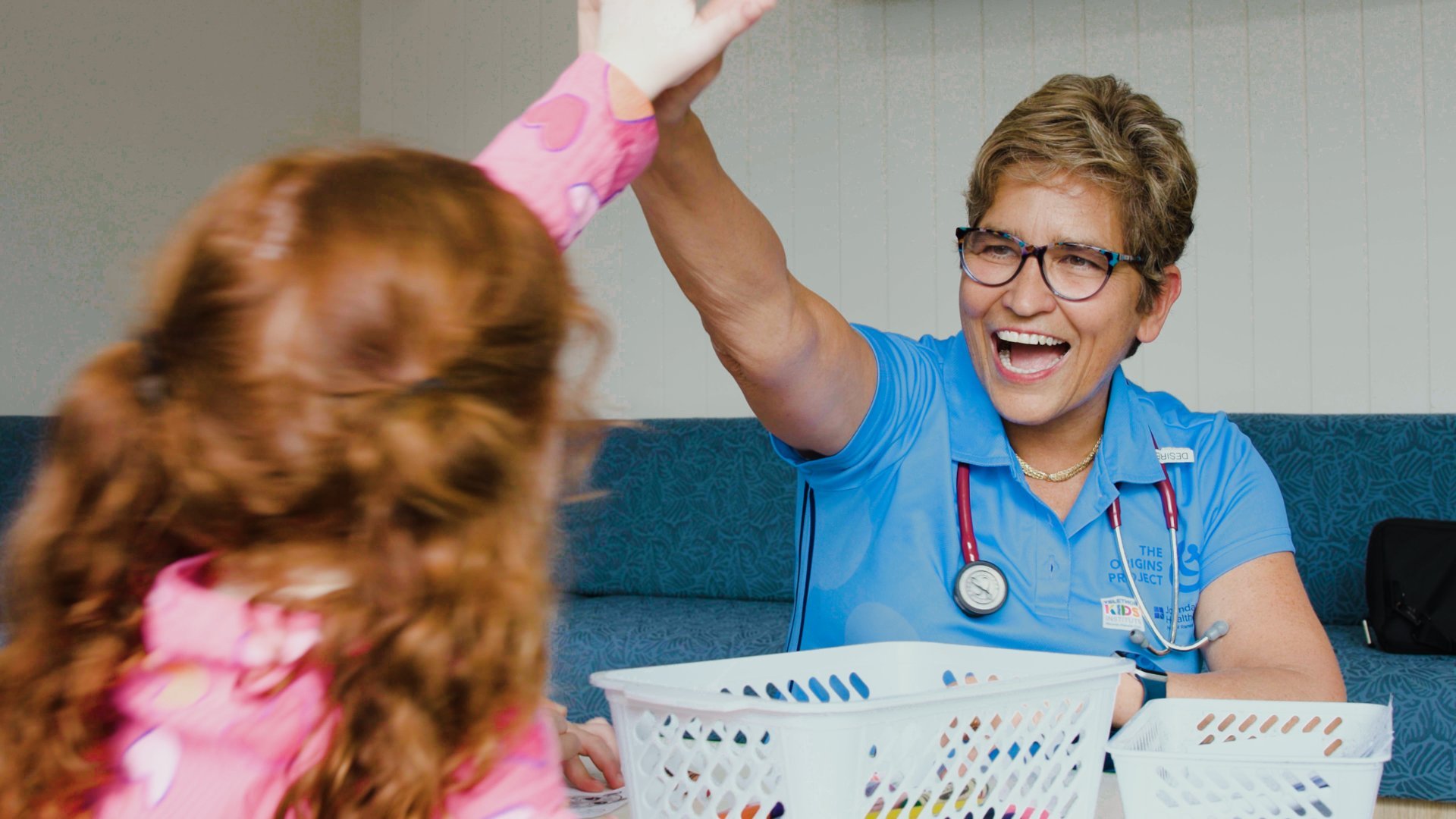
News & Events
Research Australia: Low iron link to kids' mental health and behaviour issuesRead our contribution to Research Australia's INSPIRE magazine in their 'Prevention' edition.
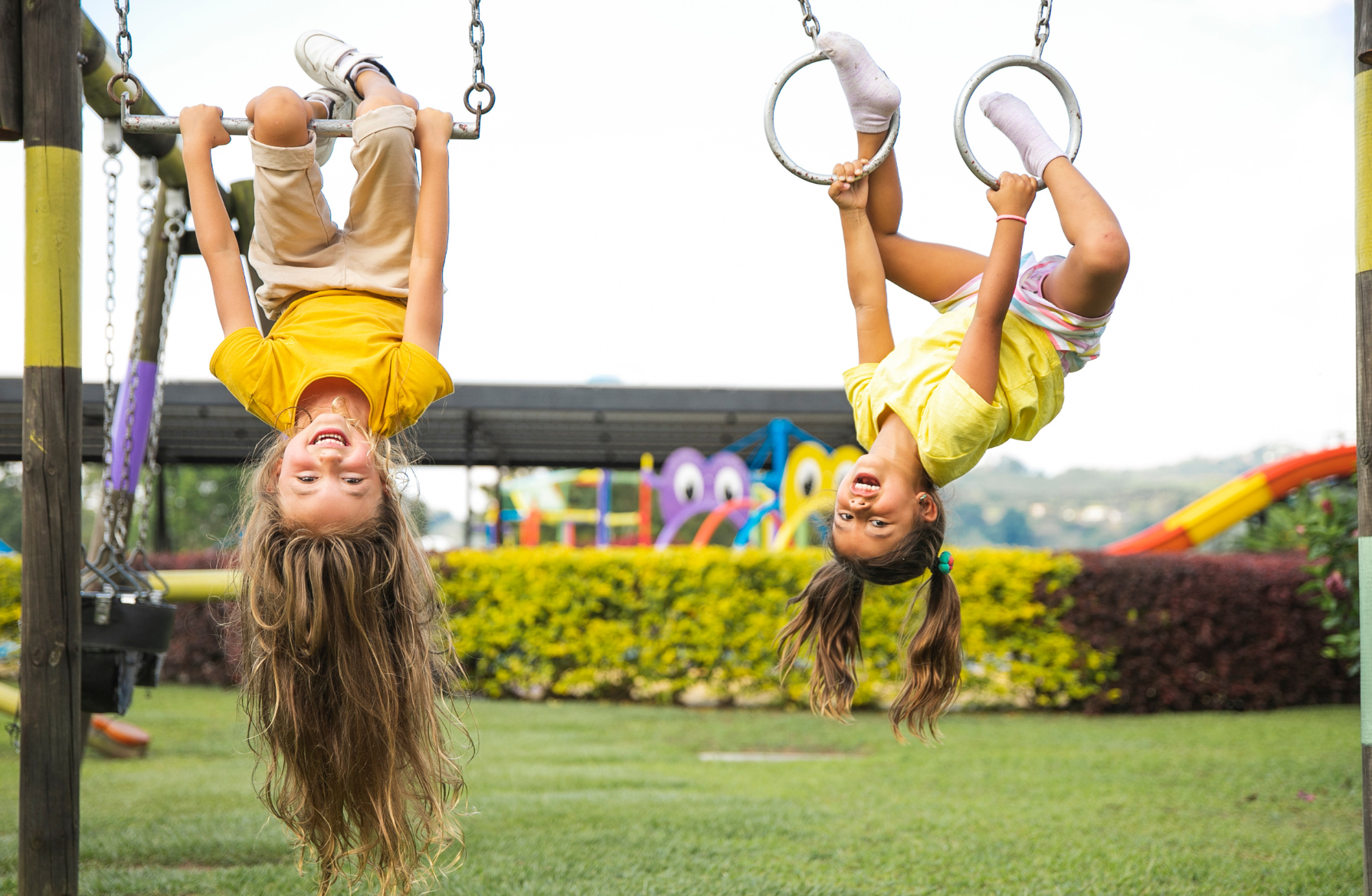
News & Events
What’s in the air for AERIAL: ORIGINS Study publishes protocolORIGINS Study publishes protocol
